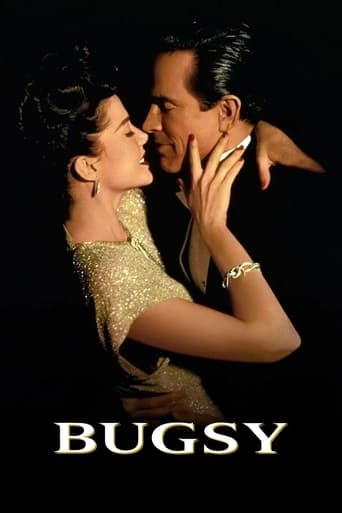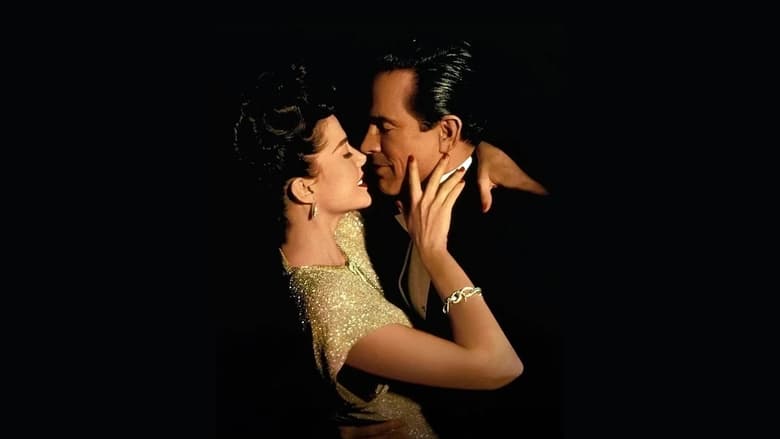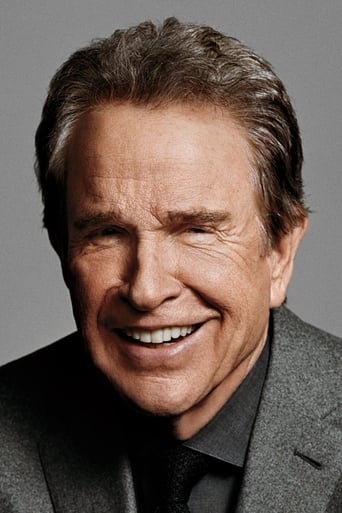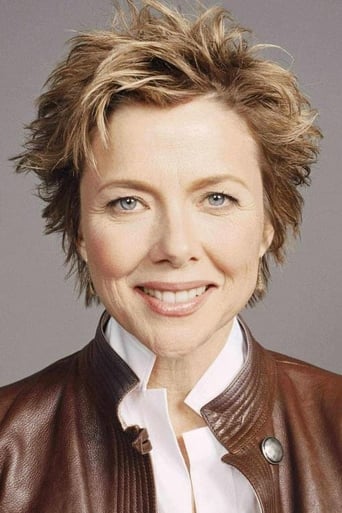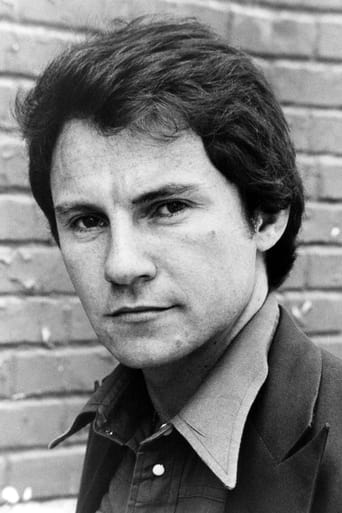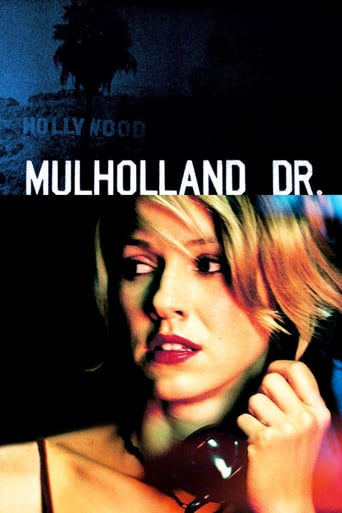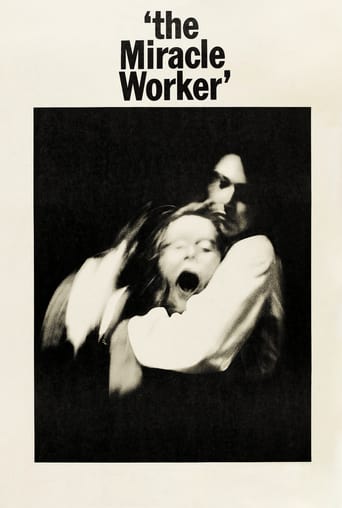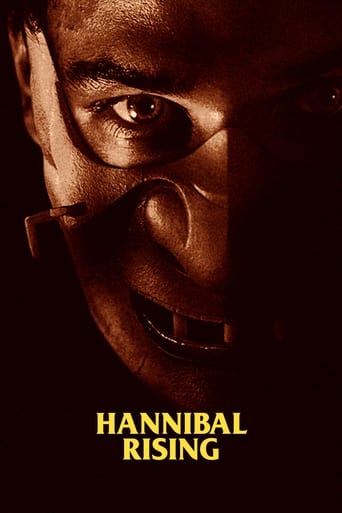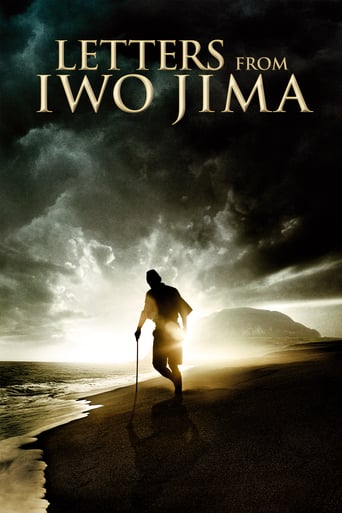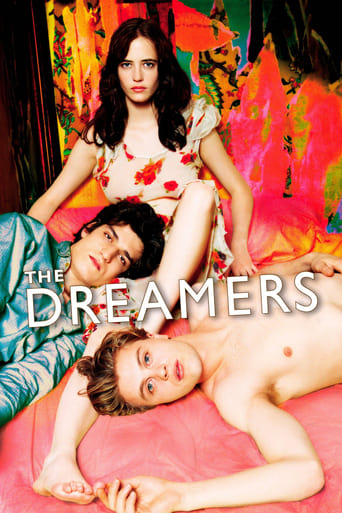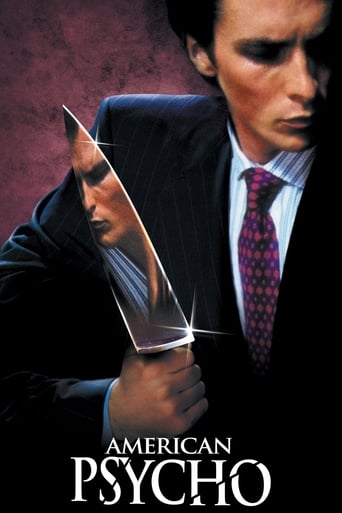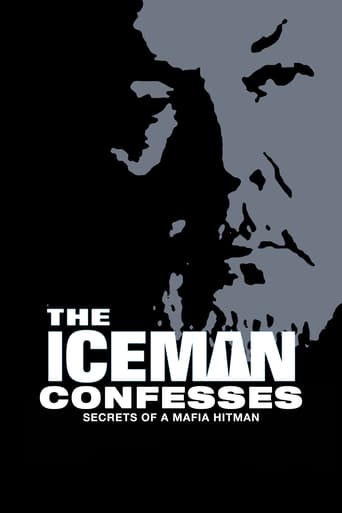Bugsy (1991)
New York gangster Ben 'Bugsy' Siegel takes a brief business trip to Los Angeles. A sharp-dressing womanizer with a foul temper, Siegel doesn't hesitate to kill or maim anyone crossing him. In L.A. the life, the movies, and most of all strong-willed Virginia Hill detain him while his family wait back home. Then a trip to a run-down gambling joint at a spot in the desert known as Las Vegas gives him his big idea.
Watch Trailer
Cast
Similar titles

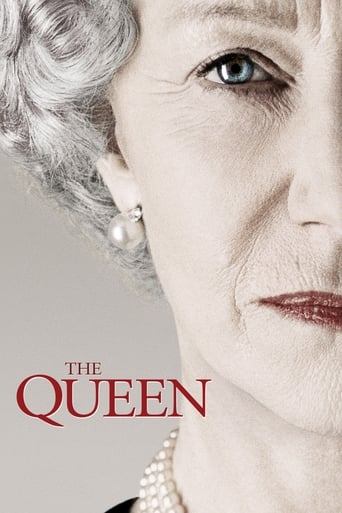

Reviews
Nice effects though.
Lack of good storyline.
Ok... Let's be honest. It cannot be the best movie but is quite enjoyable. The movie has the potential to develop a great plot for future movies
The thing I enjoyed most about the film is the fact that it doesn't shy away from being a super-sized-cliche;
"The classy gangster is a Hollywood invention." - Orson WellesThe 1990s saw the resurgence of the gangster genre ("King of New York", "Bugsy", "Godfather 3", "Miller's Crossing", "Billy Bathgate", "Goodfellas", "Casino", "Dick Tracy", "Heat", "Donnie Brasco", "A Bronx Tale", "State of Grace", "Kansas City" etc). Most of these told fairly familiar tales, with the exception, arguably, of the down-beat "Donnie Brasco" and the off-beat "Kansas City". The 1990s also saw a number of gangster films centering on African-American crime lords ("New Jack City", "Menace to Society", "Dead Presidents" etc), the best of these being "Clockers" and "Boyz n the Hood".Released at the forefront of this cycle was Barry Levinson's "Bugsy". Based on a screenplay by James Toback, the film tells the story of Benjamin "Bugsy" Siegel (Warren Beatty), the infamous American gangster.The plot? It is 1941, and Bugsy has left Brooklyn for Southern California. Assisted by childhood pal George Raft (Joe Mantegna) and local mobster Mickey Cohen (Harvey Keitel), Bugsy sets about expanding his criminal empire. Along the way he meets Virginia Hill (Annette Bening), a Hollywood extra. She's proud, feisty, different, a cocktail which sets Bugsy's heart alight. They fall in love.Warren Beatty specialised in playing doomed romantics ("Splendour in the Grass", "Bonnie and Clyde", "Shampoo", "Reds", "McCabe and Mrs. Miller" etc). In "Bugsy" he plays a guy caught between the barbarism of the gangster, and his own private idealisations. Bugsy dreams of a happy family, of an acting career, of Hollywood stardom, of legitimate business credentials, of assassinating Mussolini, of a life with Virginia, of being a "hero", all fanciful desires which are thwarted by the realities of being a crime lord. This tug-of-war plays out on the local newspapers, in which journalists refer to Siegel - much to his chagrin - by his gangland nickname "Bugsy" rather than "Benjamin", his proper name.The world necessitates Bugsy be a monster, not a dreamer, but these are monstrous necessities which Bugsy quickly loses interest in. "Bugsy doesn't care about money," a fellow crime boss ( Ben Kingsley) says, as Bugsy embarks upon his dream to build a grand hotel in the empty deserts of Las Vegas. Siegel's Flamingo Hotel is originally budgeted at a million dollars, but because of his fanaticism it winds up costing investors six times as much. Unsurprisingly, Bugsy's shot and killed by his business partners. Years later his hotel not only blossoms into a multi-billion dollar industry, but becomes the seed from which the entire gambling city of Las Vegas springs. What other obscenities, the film asks, do neon lights mask?Like most gangster films, "Bugsy" simultaneously romanticises and condemns its central character. Bugsy's nasty, unpleasant, but also likable, doomed, caught in a tragedy from which there is no escape. The film's tone itself veers wildly from farcical comedy to the macabre.How to balance a "normal family life" with "the life of a criminal" is a trite theme common in gangster films ("Godfather", "Goodfellas", "Scarface", "Heat", "Public Enemies" etc). Your typical gangster just can't stop killing cops and bad guys long enough to settle down and please his woman. This is the double helix of the genre: the gangster's obsessed with cash, but never has time for enjoyment. It's a stance mocked in Robert Altman's subversive "Thieves Like Us". For Altman, there's little meaningful distinction between the desires of the criminal and the civilian, and even less distinction between crime, politics and "legal" business.But Barry Levinson is no iconoclast. His Bugsy is yet another gangster constantly hounded by unhappy women, all of whom want his time. What's new in "Bugsy" is that EVERYONE wants a piece of Bugsy. Everyone wants Bugsy to operate on their terms. But Bugsy, a dreamer who refuses to abide, remains steadfast in his convictions. In a moment of Herzogian madness ("I will get that boat over that mountain!"), Bugsy insists that he will build that damn hotel. Nothing will stop him!Unlike most gangster films of the 1990s, "Bugsy" eschews postmodern tricks for an austere, classical style reminiscent of Coppola's "prestigeous" gangster pictures. Though the film indulges in many genre clichés, it handles each in a slightly fresh manner. The film benefits from several fine bit parts (Keitel and Elliot Gould in particular), but mostly it's Warren Beatty who holds things together. Beatty plays Bugsy as a big child, and because he's a bit of a wide-eyed loser (shades of Al Pacino's in "Donnie Brasco"), his Bugsy's all the more endearing. Like most Hollywood "biographies", the film has very little to do with the "real" Benjamin Siegel. It was scored by Ennio Morricone, whose voluptuous soundtrack doesn't quite suit either Levinson's aesthetic or Toback's prose. 7.9/10 – See "Mccabe and Mrs Miller".
New York gangster Benjamin 'Bugsy' Siegel takes a business trip to Los Angeles. A sharp- dressing womaniser with a very short fuse, Siegel doesn't hesitate to hurt or kill anyone crossing him. The L.A. life, the movies, and most of all, the strong-willed Virginia Hill detain him while his family wait back home. Then a trip to a run-down gambling joint at a spot in the desert known as Las Vegas gives him his big idea.......For all its flaws, Bugsy really seems and feels like one of those big movies that Hollywood used to make. It's probably one of the last movies that Hollywood has made that I would class as 'lavish'.And it's down to its star, Warren Beatty. He's truly brilliant as the titular character, and even though it's decidedly a vanity project for the star (look how his face is lit when he has a close up), it's pretty detailed in its structure and narrative.Probably released too soon after 'Goodfellas', the film at times, no matter how detailed or violent, just doesn't seem gritty enough. It feels comfortable with Siegels bouts of rage and violence, like we are supposed to feel empathy with him.But the again this is Beatty, playing him to be likable and/or crazy, and this sometimes confuses the film a little.The rest of the cast are fantastic, especially Bening, but this is Beatty's baby, and probably one of the last great movies he was in, too.
Bugsy is a crime-drama film that tells the story of mobster Benjamin "Bugsy" Siegel that is based from research material by Dean Jennings' 1967 book We Only Kill Each Other.It stars Warren Beatty in the title role as Bugsy Malone together with Annette Bening, Harvey Keitel and Ben Kingsley.Barry Levinson directs.The movie is a character study of mobster Bugsy Siegel.He arrives in California in the 1940's and gets assigned to oversee the L.A. rackets. He is quickly seduced by both the glamor of Hollywood and actress Virginia Hill,whom he romances despite being unable to leave his wife and children. He soon has a vision to transform a barren stretch of Nevada desert into an oasis of gambling and entertainment which later becomes Las Vegas,a town with big, classy casinos that had name acts in their show rooms. Nobody shared his vision. But he knew that if he built it, they would come. And he did build one casino, the Flamingo, its named inspired by Virginia Hill's legs.Funded by his gangster bosses, including Meyer Lansky, the flamboyant Siegel sees his budget soar past its original $6 million as it eventually became a $200 billion dollar industry.He spent so much of the mob's money on it, in fact, that he was killed before he could see the modern city spring from his dream.One great thing about Bugsy is the fact that the story is told not as history, but as a romance. The screenplay shows Siegel as a smooth, charming, even lovable guy, even though he was also a cold-hearted killer. The two sides of his character hardly seem to acknowledge one another as on the one hand, he is a family man with a wife and children, who goes to work every day; and on the other hand, he is an adulterer whose business involves killing people, and who defies the Mafia itself by spending more of his money than he has quite gotten around to accounting for.In addition to that,Beatty's performance in it is probably one of the best in his career.At the conclusion,one would probably feel saddened by the fact that Bugsy did not live to see his dream fulfilled.
I originally saw "Bugsy" in the theater, and I think I might have watched it once or twice since then. Tonight I sat down, brushed the dust off the DVD and sat down to re-visit a personal favorite of mine.I was happy to see that even after almost 20 years the film still holds up. Everything about the movie still pleases me. The passion to see his project come to life is so exciting to watch. The hardest thing to understand that it's already been 20 years since this was released.I would like to see a 20th Anniversary Blu-Ray come out in 2011, but (at least) according to Amazon there is nothing of the sort listed on the site.Oh well, the standard DVD still looks pretty good, and the extended cut gives some more emotion in the character of Bugsy. Currently I am watching the extras which I seldom do, but I do like hearing more about how this modern classic came to be. The intimate setting of the writer, director and star talking about the film is a nice touch vs. that crap they do on-set while the movie is being made. At least this was done several years later when they had time to reflect. Very pleased I pick this out of my collection and watched it again.-Mark
